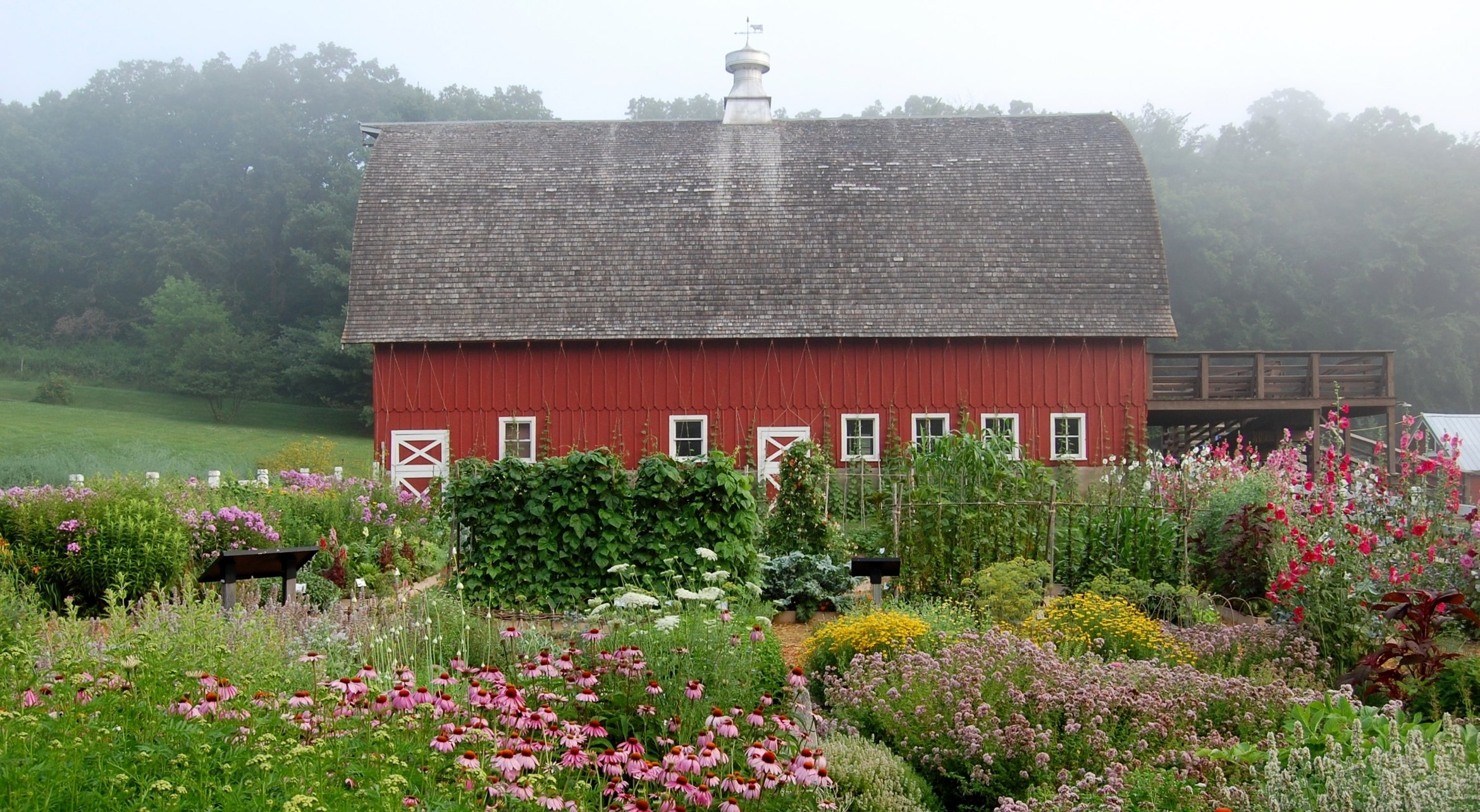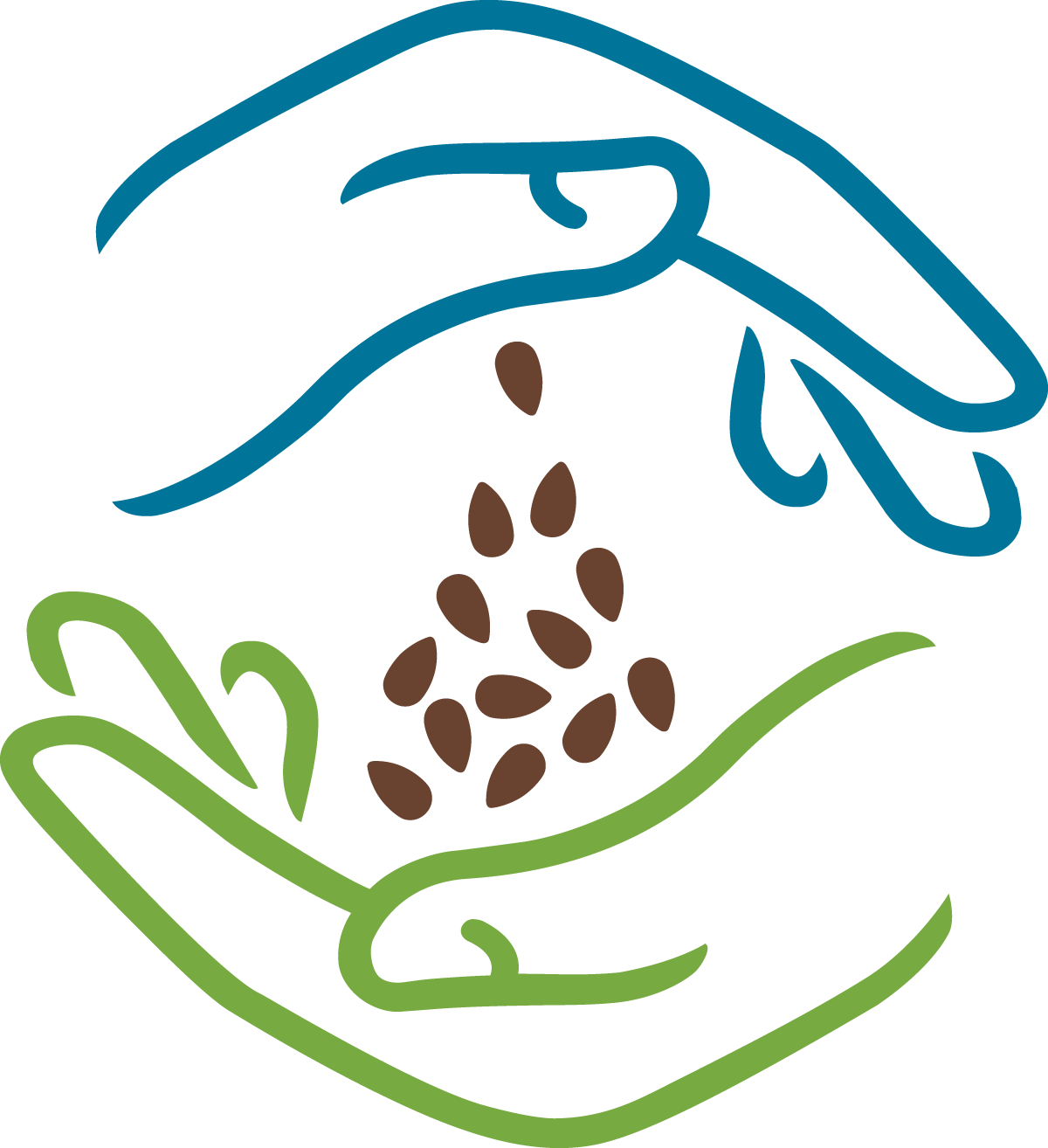In Defense of Seed Libraries
/Recently, state governments in Pennsylvania and Maryland have intervened to prevent the free distribution of home-saved vegetable seeds through public seed libraries in their states, citing legislation meant to regulate the commercial sale of seeds.
At Seed Savers Exchange, we feel that these actions are misguided and overzealous.
People have been saving and sharing seeds for millennia. Despite what some institutions have suggested, seeds can be valuable, safe and healthy without laboratory germination tests or government licenses.
Since 1975, Seed Savers Exchange has encouraged thousands of gardeners to save and share seeds as amateurs. Together, they have protected agricultural diversity by stewarding tens of thousands of heirloom and open-pollinated seeds that would have otherwise disappeared if left only to license-holding, germination-testing seed companies. (Moon and Stars watermelon and Cherokee Purple tomato are just two that come to mind.)
The seed library movement is growing in response to renewed interest in community seed stewardship and increased local food access.
Seed libraries and community seed banks accomplish many incredible things:
- they increase seed access, allowing low-income families to grow their own food
- they support and encourage regionally adapted varieties by engaging a community in plant selection
- they protect rare varieties that may not be maintained by the commercial marketplace and
- they create excitement and interest in seeds
Because of these very positive outcomes, and the overwhelming community support that these initiatives attract, Seed Savers Exchange remains a staunch and enthusiastic supporter of seed libraries.
Though Seed Savers Exchange is not in a position to provide legal advice, we do encourage seed libraries to follow best practices when distributing their seeds:
- advertise, proudly, that the seeds offered were grown by amateurs - no guarantee of 100% germination, no guarantee of absolute true-to-typeness - only a guarantee that the seeds were produced in good faith and spirit by friends and neighbors interested in connecting their community to food and seeds
- label donated seeds with the name of the grower, date of harvest, variety name, crop type, plant description, plant history, and growing conditions - the next grower should be very well informed about the seeds they are planting
- do not distribute very old seeds or seeds of unknown origin - it is important to give patrons the best chance of success and satisfaction in their gardens so they return again next year
- organize gardening and/or seed saving resources to educate the community and help seed library participants produce high quality seed
Conference attendees participate in a seed distribution in 2013 at Heritage Farm
For further reading, please consider the following article:
http://www.takepart.com/article/2014/08/14/pennsylvania-targets-seed-library

















